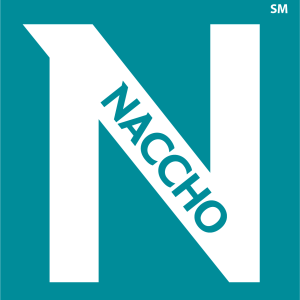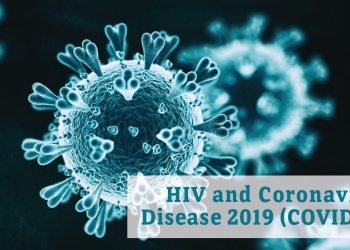Just as the COVID-19 pandemic hit the United States (U.S.), the nation was ramping up efforts to address a different epidemic, HIV. Successful HIV outcomes require consistent access to care and medication, as does harnessing the preventive benefits of HIV treatment adherence. Similarly, key tools in HIV prevention are HIV testing and PrEP which necessitate access to health services. Yet, with options for medical care reduced, social distancing guidelines in place, and fears about COVID-19 exposure, COVID-19 threatened access to HIV care and prevention services and national efforts to address HIV. In addition, understanding the interplay of COVID-19 disease, vaccination, and HIV is important to the health of people with and at risk for HIV and curbing both epidemics. This analysis explores key questions around COVID-19 and HIV – what we know and what we are still learning.
Key questions addressed in this analysis:
- Are people with HIV at higher risk for COVID-19?
- How do the social determinants of health, and their relationship to HIV, affect COVID-19 risk?
- How likely is it that people with HIV live in COVID-19 hot spots?
- What do we know about COVID-19 vaccines and HIV?
- What role is the federal government playing in addressing COVID-19 among people with HIV?
- What do we know about HIV care, treatment, and prevention service use during the pandemic?
Continue reading “Key Questions: HIV and COVID-19” by Lindsey Dawson and Jennifer Kates at KFF.org.

